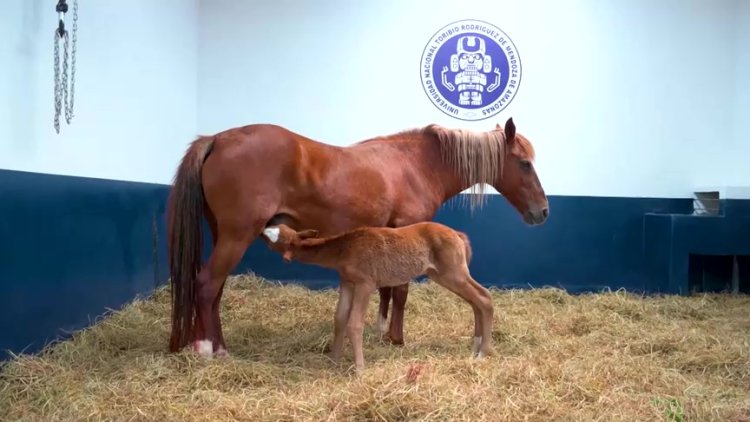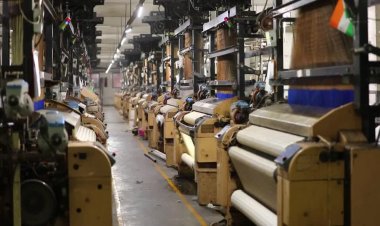Peru Clones First Peruvian Paso Horse

A Peruvian university successfully achieved the birth of the first clone of the Peruvian Paso horse.
The scientific feat was achieved by a multidisciplinary team of researchers and professionals from the Universidad Nacional Toribio Rodriguez de Mendoza (UNTRM) de Amazonas and strategic allies who used somatic cell nuclear transfer technology in the process.
To carry out this cloning, a sample of epithelial tissue that belonged to the breeder called “AV Ejecutivo” was used, informed William Bardales Escalante, director at the university's research institute. From this tissue, fibroblast cells were obtained for the generation of clone embryos that were then implanted in mares.
“In 2017 we began the process of research and technologies, through the project Creation of the Teaching and Research Service in Equines, to achieve a service based on the Peruvian Paso horse, which is an animal considered heritage of the nation and which for us is very important to be able to give support to the society that is involved in this activity,” he added.
The purpose of cloning this animal, according to university researcher Nilton Murga Valderrama, is to preserve and reproduce animals of high genetic value.
Researcher at Universidad Nacional Toribio Rodriguez De Mendoza De Amazonas, Nilton Murga Valderrama, saying: “With this implementation of reproductive biotechnology, the university is managing to preserve and reproduce animals of high genetic value that will last over time, not only do we have the births of the animals, but also in our germplasm bank, we have frozen different types of cells from various types of animal.”
The Peruvian Paso horse, regarded by many as Peru’s national horse, was brought by Spaniards and other Europeans to the Americas. It was originally bred for foremen on estates to ride all day long, or for estate owners to travel between valleys along Peru's desert coast.















